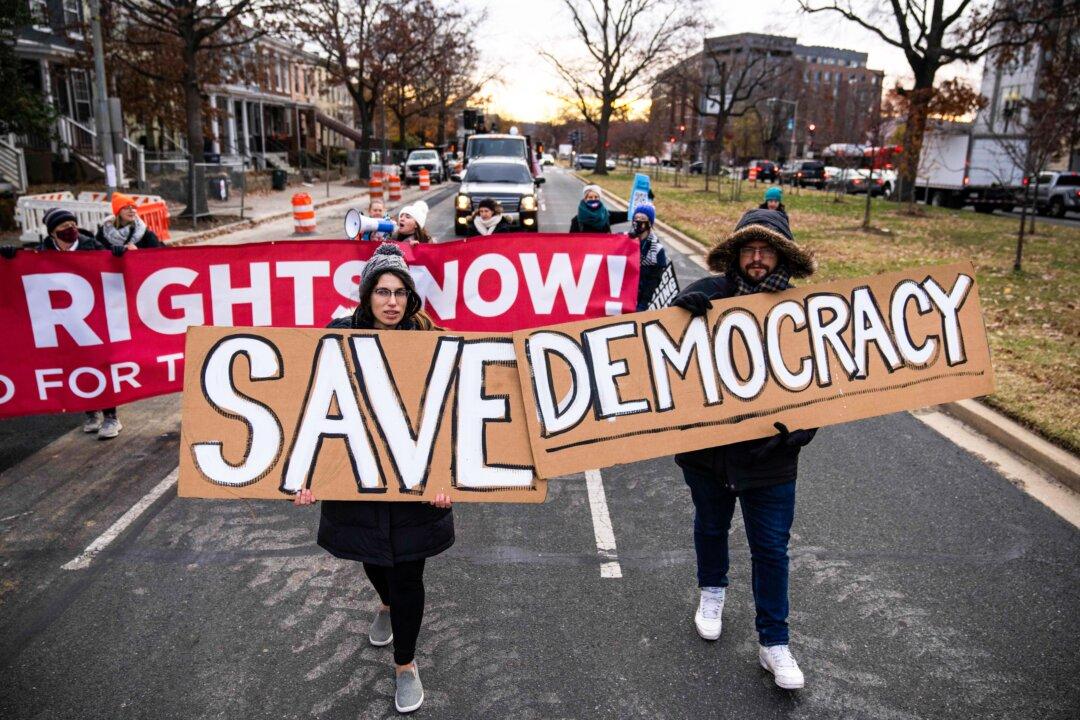A federal judge on Thursday dismissed a lawsuit challenging a Washington, D.C., law allowing “noncitizen residents” to vote in local elections.
Judge Amy Berman Jackson, an appointee of President Barack Obama, found that a group of seven citizen plaintiffs lacked standing to challenge the legislation.





